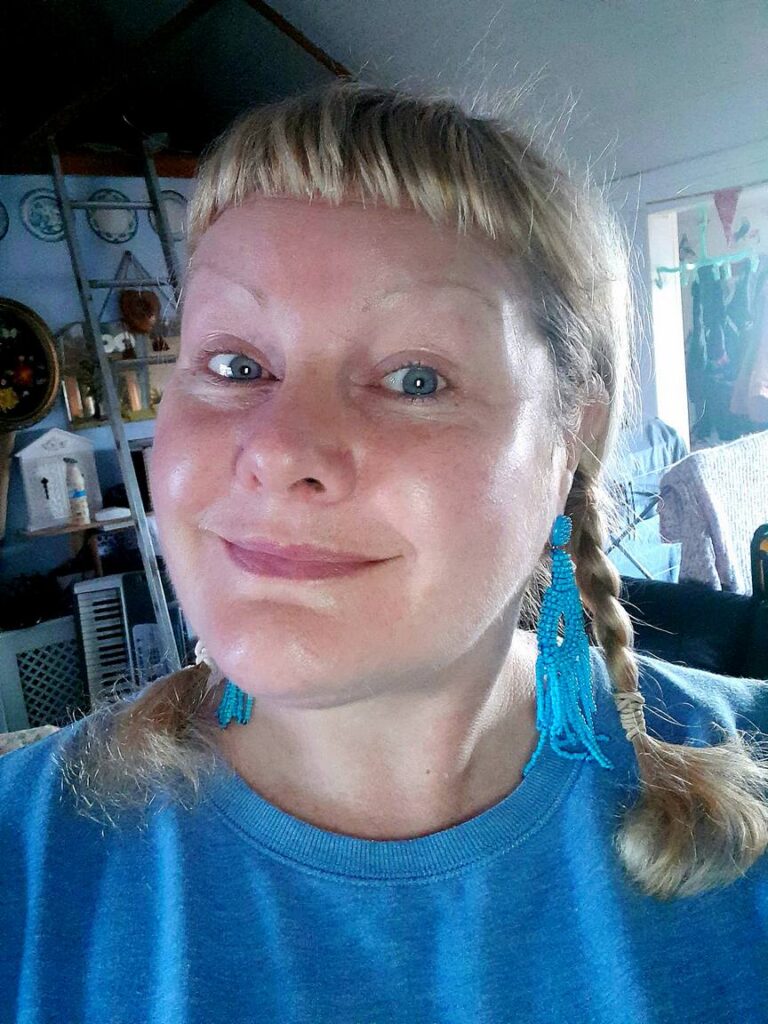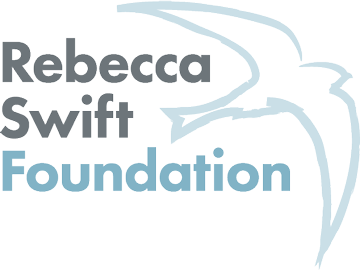Courage is multiplex. Part of courage is admitting what you do / do not know; courage is vulnerability before that which you greatly desire; courage is offering your underbelly to anomaly’s mercy. Courage is scrambling those acclivitous hills – each summit equating where you deserve / where you have fought to be.
Academia is negotiation of cryptic terrain. The walls around it seem deliberately o b l i q u e . The words / life / tradition they defend were not intended for you. If they were, you wouldn’t doubt yourself so much. You would not be feared. Being working class means being at a disadvantage. Don’t let anyone story you. Your accent is a knife – it will hone your edge. Your history, a wrecking ball. It will break you in. Your brain, a bulldozer. It will clear what remains away. Think of Heaney’s noli timere and take, if you can, a deep breath. This world may appear antithetical to yours. It may seem nigh on impossible to get anywhere near it but you have every right to take your place in it.
What of me, anxious after leaving yet another debilitating job and facing the challenges of my recent diagnosis? Two decades of struggle within the complexities of a relationship / childcare / part-time jobs rendered me uncertain / broken / ashamed. I say with all honesty that writing saved my life – I wrote / write wherever possible. Each of my days still bi / tri / quadfurcates as I try to reconcile self as academic with self as poet / neurodivergent / mother of child with PoTS / wife / friend / artist / grafter / animal carer / off-grid liver / chief cook and bottle washer.
I blew hot and cold, when considering the possibility of going back to university. Did I need / want to? Was I good / intelligent enough? In the end, it was the desire to create new bodies of unexpected work, deepen my understanding of poetry, exercise my emergent interest in theory, express my adoration of research and to access, with regard to poetry, an previously uncharted means of sharpening focus / increasing discipline that made up my mind. The unknown, after all, is where true agony / joy (for me) exists. I needed the MA in order to
e x p l i c a t e / a r t i c u l a t e t h e p o t e n t i a l
I sensed (but frustratingly could not entirely delve) inside me and channel it into writing. And I just…really wanted to go. That is reason enough.
The hardest part was the logistics. There’s no point discussing academia without acknowledging the elephant in the room – how, with no money, can this ever be a possibility? If you’re lucky*, you might successfully apply for bursaries / scholarships. Opportunities (in the North East, for an MA in Writing Poetry) are few. I applied for one such financial unicorn, but was unsuccessful. There are loans, but stress caused by debt might put too much strain upon your health. I cannot provide answers to this problem. I wish I could. It is a physical pain to me that people who want / deserve / ought to go will not.
After the agony of the application and the ecstasy of being offered a place, the rejection for the scholarship was catastrophic. I went into immediate, frightening decline. I never expected to be saved from this by a friend who believed so much in my abilities that they made the MA possible for me and I will never be able to repay this incredible kindness.
I am not going to say may your dream come true; I’m not a quasi-motivational T-shirt with sequinned mottoes upon it. I’d rather say may you reach your potential. May opportunities be equal. There needs to be an altering of narrative, *beginning with notions of ‘luck’. Abstract concepts deserve no place in the story of actualization / right to education / success.
Maybe we shouldn’t hook ourselves on ideates like ‘hope against all odds’ and the ‘impossible dream’. Maybe we should be pinning metaphorical badges to our lapels instead, that carry the message
YOU deserve this.
I know how it feels to carry
a lifetime’s weight of self-doubt, failure, eroded confidence, awkwardness, fear and inequality upon my shoulders. I also acknowledge my inbuilt urge to fight – my mixed up rage, my skew, my loud, my unmeasurable shapes, my corners, my dark places. They make me want to know who and what I can be. When will I be satisfied, secure with my lot? I don’t know – I’ll tell you if I ever find out. It took many years to recognise that writing was a means for me to feed the raw void; it took years to auscultate that void / decipher what it was asking for. It was hungry for learning, wanted ways into poetry it hadn’t known before.
Emily Dickinson was spot on when she wrote,
“Alas, that Wisdom is so large– / And Truth – so manifold!”
I gain wisdom slowly but surely from the books I read, imagine knowledge passing from the page’s ‘eye’ to my own – from individual letters, to whole words, sets of words, sentences, paragraphs, chapters (Filreis), to increasingly complicated books and their individual, almost holy ‘Revelation[s]’ (Dickinson). I am entranced.
I try to think back to my own childhood. Was I better off in my own ‘divine ignorance’ (Dickinson) than I am now, in constant turmoil, enduring my efforts to self-educate; with Learning’s manifestations of pain in my head? What’s my pedagogy? Is my learning cognitive, lifelong, kinaesthetic, avid? Do I learn anything at all? Did I learn how to learn, all those formative years withdrawn from, zoned out of, or barely surviving school? It seems I must vanish into the realms of metaknowledge before I even get past the contents page. I get so tired sometimes, having to explain everything to myself in triplicate, ‘translating’ what I read into a language I can understand.
The answer is, despite the challenges, I love it so much. Am better off now. The trials of academia are the exigencies that must be absorbed if I am to ‘vocalise’ the self. Myself. I don’t know what the future holds. I never did. I have five months left of the MA, then my time at university must come to an end. I will feel this loss intensely, will grieve but keep hold of the possibility, somehow, of returning. MPhil? PhD? One day, I’d like to think. Until then, I will keep fighting, keep writing. I’d like to think, wherever you are, that you’re doing the same.
Kick that Imposter to the kerb. Put yourself down on paper – what is not documented is eventually lost.
You’re adamantine. You’re capable. You’re wonderful. Your self.

Jane Burn is an Pushcart/Forward Prize nominated, multi award-winning, working class, bi, autistic person, poet and artist. Her poems are widely published and anthologised. She is undertaking an MA in Writing Poetry at Newcastle University. Her latest collection, Be Feared, is published by Nine Arches Press. She has been awarded an Arts Council grant to pursue her neurodivergent/hybrid writing methodology.
Sources
Dickinson, Emily. 568. The Complete Poems. Faber and Faber, 2016. (p. 276 / 277)

